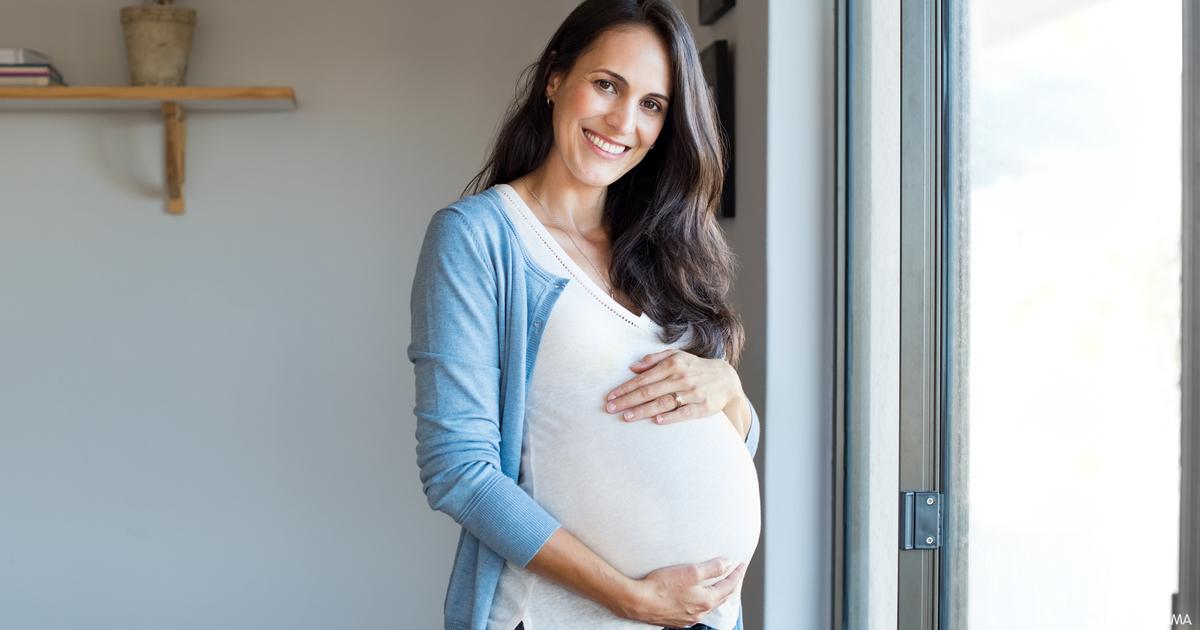Ovulation Signs You Need to Know to Boost Your Chances of Getting Pregnant
If you’re planning to get pregnant, it’s really important to understand when ovulation happens. This is the time when your fertility is at its highest, and your chances of conceiving increase significantly.
According to Dr. Riham Elshal, a specialist in obstetrics, gynecology, and infertility, here are the most important signs that can help you predict your ovulation days more clearly.
What Is Ovulation?
Ovulation is when a mature egg is released from the ovary and becomes ready for fertilization. This egg only survives for a short period, so knowing your ovulation timing accurately can increase your chances of pregnancy if you have intercourse during that window.
Watch the video here:
How Can You Identify Ovulation Days?
The first thing you can do is monitor your body and observe the changes that happen every month. Write them down in a notebook. Here are some of the signs you might notice:
• The number of days in your menstrual cycle, starting from the first day of bleeding to the beginning of the next cycle.
• A slight rise in body temperature (around half a degree Celsius).
• Cramping in the pelvic area, known as “ovulation pain.”
• A noticeable increase in vaginal discharge — it becomes clearer and more slippery.
• Breast tenderness or swelling.
• Mood swings or heightened senses such as smell or taste.
• An increase in appetite.
• Light spotting outside of your menstrual period.
By tracking these symptoms every month, you’ll begin to notice a pattern in your body, which will help you predict ovulation more accurately over time.
Is There a More Accurate Method?
Yes. You can use an at-home ovulation test, which is available at pharmacies. It’s best to start using it around day 12 of your cycle for about five days, depending on how regular your cycle is.
Use your first morning urine sample for more accurate results.
If the second line on the test strip is as dark as or darker than the control line, that’s a sign that ovulation is near or happening.
What If You Don’t Notice Any Symptoms or Get a Negative Test Result?
That doesn’t necessarily mean you’re not ovulating. Sometimes the signs are subtle.
The most accurate way to assess ovulation is through ultrasound follicular tracking at a gynecologist’s clinic. It’s a medically approved method, though not always accessible to everyone.
When Does Ovulation Typically Happen?
• If your cycle is short (e.g. 24 days), ovulation may occur between day 10 and day 12.
• If your cycle is long (e.g. 32 days), ovulation may happen around day 17 or 18.
But remember, every body is different, and there’s no one-size-fits-all rule.
Final Advice
Studies show that around 68% of women get pregnant within the first three months of marriage, and the rate rises to 81% after six months.
Ovulation is important, but it’s not the only factor affecting pregnancy. Other factors need to be aligned as well.
If time passes and pregnancy hasn’t occurred despite tracking ovulation, it might be time to see a doctor for a detailed check-up that considers your physical, emotional, and social health.
And if you’re experiencing delayed conception, we’ve gathered all the related topics in detailed, scientifically backed lessons to help guide you toward your motherhood journey that you truly deserve:

